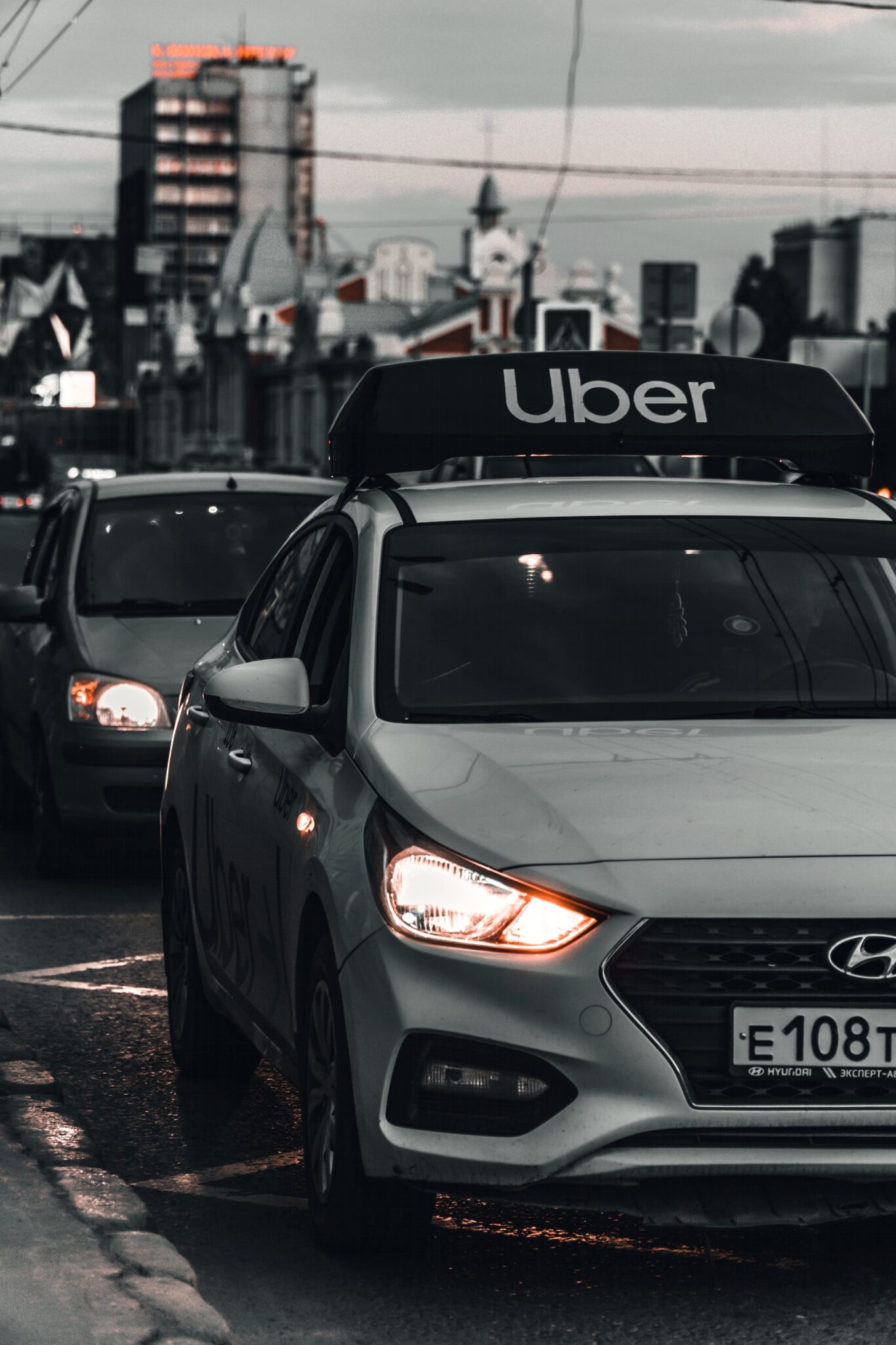Linh is a student at Harvard Law School.
The U.S. Department of Labor introduced a final rule on Tuesday that will make it more difficult for companies like Uber and Lyft to classify workers as independent contractors under the Fair Labor Standards Act. Classification as employees, as opposed to contractors, wins meaningful benefits for workers, including minimum wage, overtime pay, protection for organizing activity, among others. This rule, scheduled to take effect on March 11, is closely monitored by major gig economy players and employers in construction, trucking, and healthcare sectors. The rule did and will likely continue to face legal challenges, including opposition from the U.S. Chamber of Commerce, and congressional review.
Google has lodged an appeal on the Fifth Circuit against the National Labor Relations Board (NLRB), who ruled on January 3 that Google had unlawfully refused to negotiate with the union representing contract workers at YouTube. Those workers, directly employed by Cognizant Technology Solutions Corp., were deemed jointly employed by Google in a decision by an NLRB regional director in March 2023, also upheld by the NLRB. The Cognizant workers subsequently voted 41-0 to unionize in April 2023. Since unionization, both Google and Cognizant have challenged the union’s legitimacy and refused to negotiate.
The Screen Actors Guild, representing 160,000 film and TV actors, has entered into an agreement that mandates permissions and guaranteed minimum payments whenever members’ voices are digitally reproduced in video games and other media. The union’s executive director announced the agreement with Replica Studios on Tuesday. This agreement, first of its kind, represents an important deal for the Guild, as the use of Artificial Intelligence was a pivotal issue during strikes by writers and actors last year.






Daily News & Commentary
Start your day with our roundup of the latest labor developments. See all
July 11
Regional director orders election without Board quorum; 9th Circuit pauses injunction on Executive Order; Driverless car legislation in Massachusetts
July 10
Wisconsin Supreme Court holds UW Health nurses are not covered by Wisconsin’s Labor Peace Act; a district judge denies the request to stay an injunction pending appeal; the NFLPA appeals an arbitration decision.
July 9
the Supreme Court allows Trump to proceed with mass firings; Secretary of Agriculture suggests Medicaid recipients replace deported migrant farmworkers; DHS ends TPS for Nicaragua and Honduras
July 8
In today’s news and commentary, Apple wins at the Fifth Circuit against the NLRB, Florida enacts a noncompete-friendly law, and complications with the No Tax on Tips in the Big Beautiful Bill. Apple won an appeal overturning a National Labor Relations Board (NLRB) decision that the company violated labor law by coercively questioning an employee […]
July 7
LA economy deals with fallout from ICE raids; a new appeal challenges the NCAA antitrust settlement; and the EPA places dissenting employees on leave.
July 6
Municipal workers in Philadelphia continue to strike; Zohran Mamdani collects union endorsements; UFCW grocery workers in California and Colorado reach tentative agreements.